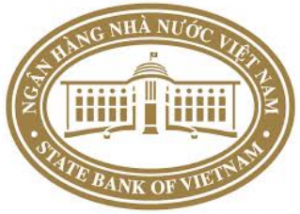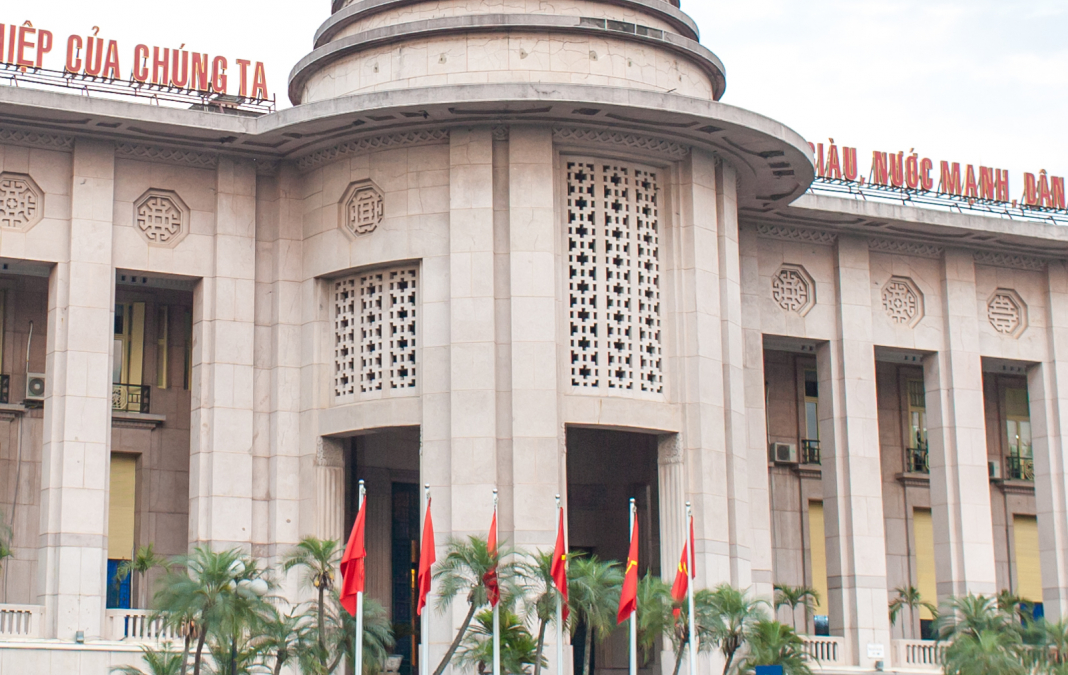The State Bank of Vietnam has developed a legal framework for digital currencies. The bank has submitted its proposals to its government, seeking to ban activities relating to bitcoin including issuance, distribution, and use. Bitcoin users may be subject to criminal prosecution and fined up to 200 million dong.
Also read: Japan’s SBI Group Launching Eight Crypto Businesses Including Mining
State Bank’s Proposed Sanctions
 The State Bank of Vietnam (SBV) announced on Saturday, October 28, that it has completed the legal framework for digital currencies, according to local publications.
The State Bank of Vietnam (SBV) announced on Saturday, October 28, that it has completed the legal framework for digital currencies, according to local publications.
“Bitcoin users in Vietnam may be subject to criminal prosecution,” Cong An newspaper wrote and elaborated:
The issuance, supply, [and] use of bitcoin and other similar virtual currencies as a means of payment is a prohibited activity in Vietnam. Under the provisions of Clause 6, Article 27 of Decree No. 96/2014 / ND-CP on administrative sanctions in monetary and banking activities, acts of distributing, including bitcoin and other similar virtual currencies, will be fined fines from 150 million to 200 million [VND].
The fine of 150 million to 200 million dong is equivalent to approximately USD$6600 to $8800. The publication noted that the issuance, supply and use of illegal means of payment, including bitcoin and other digital currencies, may be subject to prosecution from January 1, 2018, onward.
Expert Weighs In
Lawyer Le Cao explained that the law currently does not prohibit bitcoin in Vietnam. “Bitcoin itself is not identified as a banned item,” he told Doi Song Phap Luat publication, adding that it is not banned from circulation. “Currently using illegal means of payment may be sanctioned according to Decree No. 96/2014 / ND-CP dated 17/10/2014,” he noted.

Last week, the president of Vietnamese FPT University, Le Truong Tung, said that the university will accept bitcoin for tuition, effective immediately for foreign students. Commenting on the legality of the university’s announcement, he said, “suppose that FPT University has a program of exchanging and accepting bitcoin value instead of tuition fee, which is not the use of a means of payment, it is difficult to punish them.”
Commenting on the State Bank’s view to reject bitcoin as a legal means of payment, he said, “it is believed that when bitcoin is accepted as a currency, legal means of payment, the national sovereignty over the issuance of currency is violated, affecting the effectiveness of monetary policy.” He noted that in the State Bank’s view:
If bitcoin is accepted it will be difficult to control: tax evasion, illegal transfers, payments, financing of illegal transactions will arise and thus state management of money, the economy will become very complex.
Meanwhile, speaking at the National Assembly last week, deputy Pham Phu Quoc proposed for Vietnam to legalize bitcoin transactions in the near future in order to oversee civil transactions and collect taxes, Zing reported. The deputy asserted that “bitcoin transactions still take place, with or without [the] law.”
What do you think of the State Bank’s proposals? Let us know in the comments section below.
Images courtesy of Shutterstock, Vietnam’s central bank, and FPT University.
Need to calculate your bitcoin holdings? Check our tools section.














